North Darfur govt, HAC agree on emergency solutions to water, healthcare shortages in Sortony camp
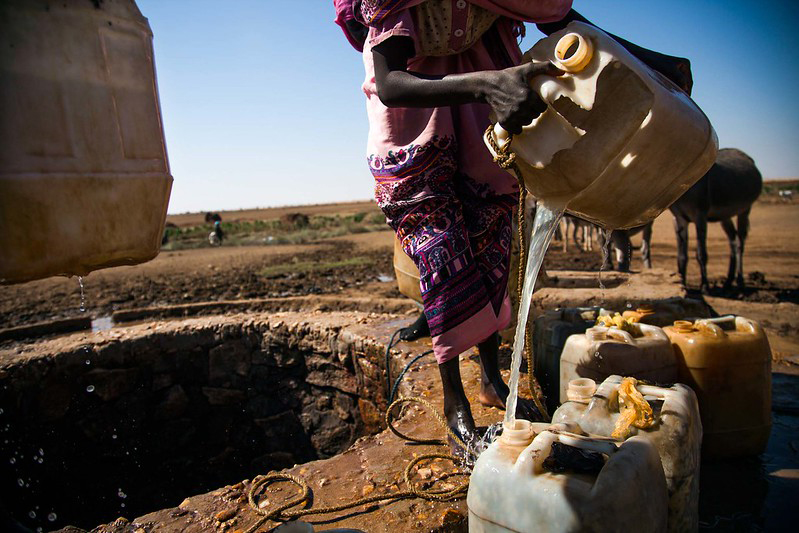
A water point in North Darfur (File photo: Albert González Farran / UNAMID)
SORTONY –
The North Darfur government and the Humanitarian Aid Commission (HAC) agreed on emergency solutions within 72 hours, and other long-term solutions, to the deepening shortage of healthcare and drinking water facilities in the vast Sortony camp for displaced people in Kabakabiya locality. The North Darfur government has pledged SDG 20 million in funding.
The North Darfur state government has acknowledged the existence of a gap in the water and health services in Sortony camp, noting that humanitarian organisations have left the camp due to lack of funding. The director of the water sector in the state, Abdelshafee Abdallah, said in statements following a meeting with the governor of North Darfur and a number of organisations on Monday that the meeting agreed on emergency solutions within 72 hours and other radical long-term solutions to the water issue, highlighting a state North Darfur government donation of SDG 20 million.
The camp currently houses an estimated 30,000 displaced people, and is 53 km away from the nearest town. In reports published by Radio Dabanga earlier, residents bemoaned the lack of health services and the lack of water in the camp.
The Commissioner of the Humanitarian Aid Commission (HAC) in North Darfur, Abbas Yousef, acknowledged in press statements the deterioration in health services, pointing to the absence of centres or facilities providing health services, in addition to the fact that the camp is far from the local town.
He referred to the convening of a joint meeting in the presence of a representative of the World Health Organization on Monday to discuss the issue of health and the way to address it, describing the problem as “deep and requiring intervention before it turns into an acute crisis”.
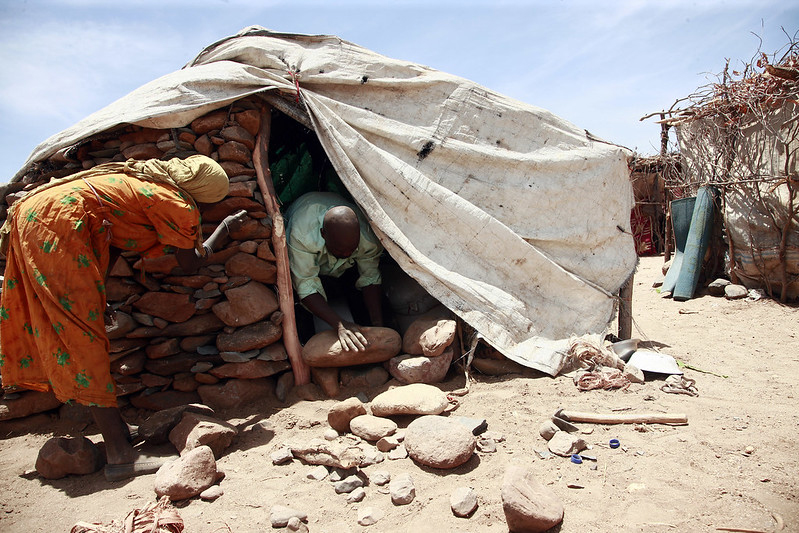
‘Humanitarian needs at all-time high’
The October 2021 military coup and its aftermath significantly worsened the situation for many people as Sudan was denied more than $4.4bn in foreign aid, its trade balance deficit nearly tripled, and humanitarian organisations struggle to continue their activities in the country.
Last year, the World Food Programme announced that it had to cut rations in Sudan due to funding shortages. WFP is having to prioritise assistance based on the resources available and “make heart-wrenching decisions, knowing that we cannot help everyone in Sudan who needs it,” the UN organisation said in a statement to Radio Dabanga in July last year.
The UN Office for the Coordination of Humanitarian Affairs OCHA said in a Digital Situation Report that about 3.7 million Sudanese are displaced, including the more than 350,000 people who were newly displaced last year.
In late 2022, the UN agency reported that “humanitarian needs across Sudan are at an all-time high“. The number of people in need of humanitarian assistance in Sudan will rise to 15.8 million in 2023, equivalent to about a third of the population, which represents an increase of 1.5 million over last year.







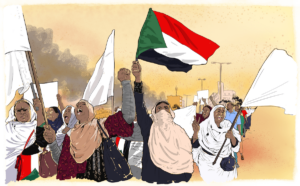
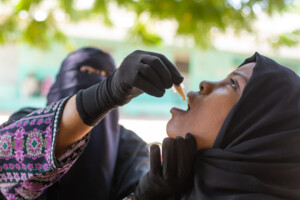
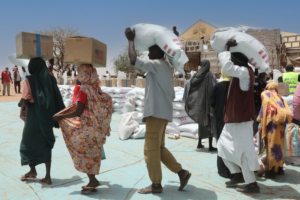

 and then
and then